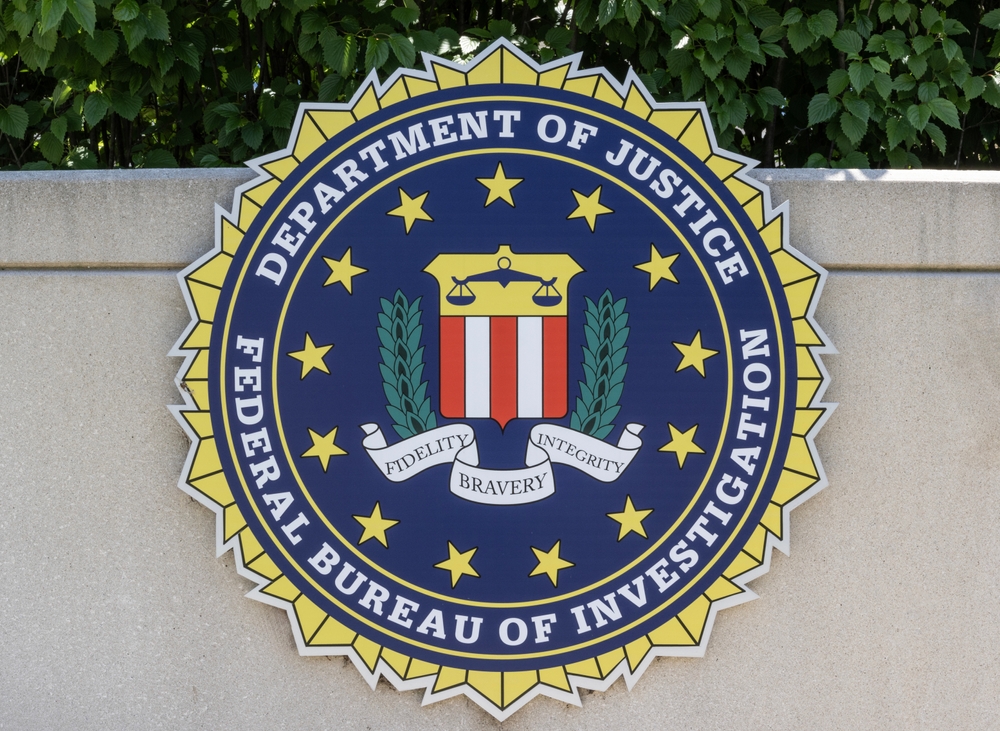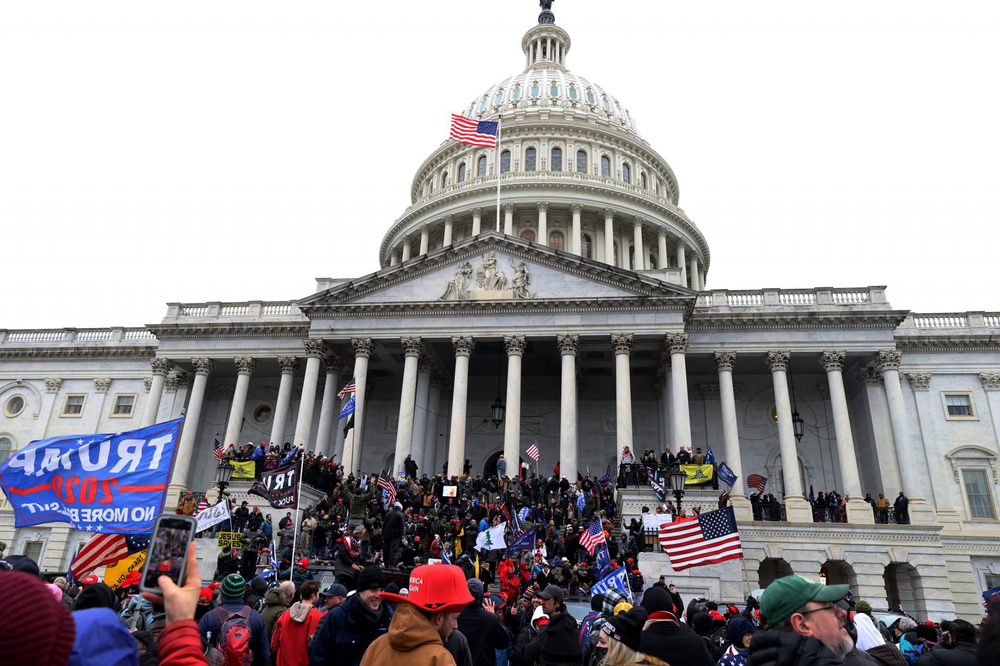 By Editorial Board
By Editorial Board
Sentinel & Enterprise
Sen. Rand Paul of Kentucky and Rep. Tim Walberg of Michigan have introduced legislation to reform civil asset forfeiture, a practice by which law enforcement agencies seize the property and assets of individuals with minimal due process.
The practice has encouraged “policing for profit,” distorting the mission of police agencies toward revenue generation to the detriment of the property rights of Americans. Paul’s and Walberg’s bill should unite those concerned with upholding constitutional rights and justice more broadly.
The FAIR (Fifth Amendment Integrity Restoration) Act, previously introduced by Paul in 2014, seeks to shore up the rights of Americans facing civil asset forfeiture proceedings and curb the perverse profit incentives that underline the practice.
“The federal government has made it far too easy for government agencies to take and profit from the property of those who have not been convicted of a crime,” said Paul. “The FAIR Act will protect Americans’ Fifth Amendment rights from being infringed upon by ensuring that government agencies no longer profit from taking the property of U.S. citizens without due process.”
Under current practices, federal agencies, often in partnership with state and local police departments, may seize a person’s cash, home or vehicle simply upon the suspicion that such assets were connected to criminal activity. One need not even be charged or convicted of a crime to have personal assets permanently seized.
All the government needs to do is meet the relatively low standard of a preponderance of the evidence to prevail in court — while innocent owners have the burden of trying to prove their innocence and bearing the costs of legally opposing government authorities.
This has created a situation where the federal government has seized billions of dollars in assets under questionable circumstances. According to the Institute for Justice, from 2001 to 2014, the forfeiture funds of the Department of Justice and Treasury Department took in nearly $29 billion. This provides financial incentive to both federal agencies and state and local partners, who get a cut of the money through “equitable sharing,” to increasingly focus on cases with revenue-generating potential.
To read more click here.





